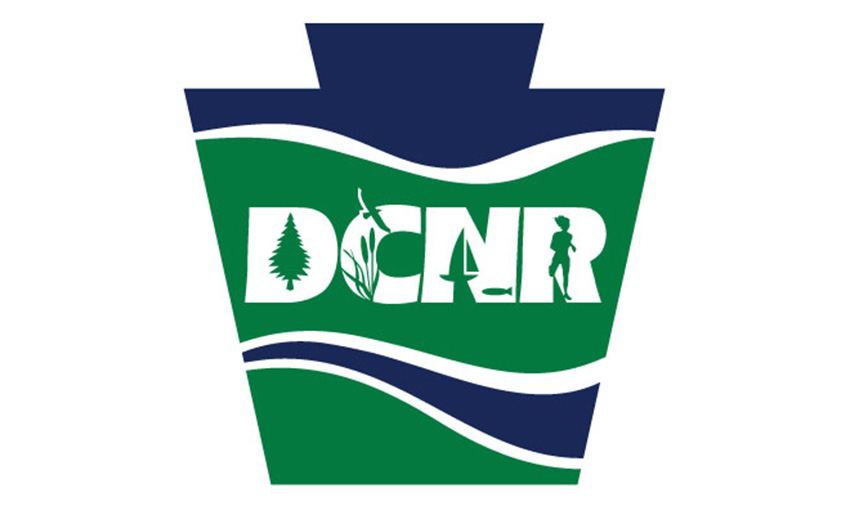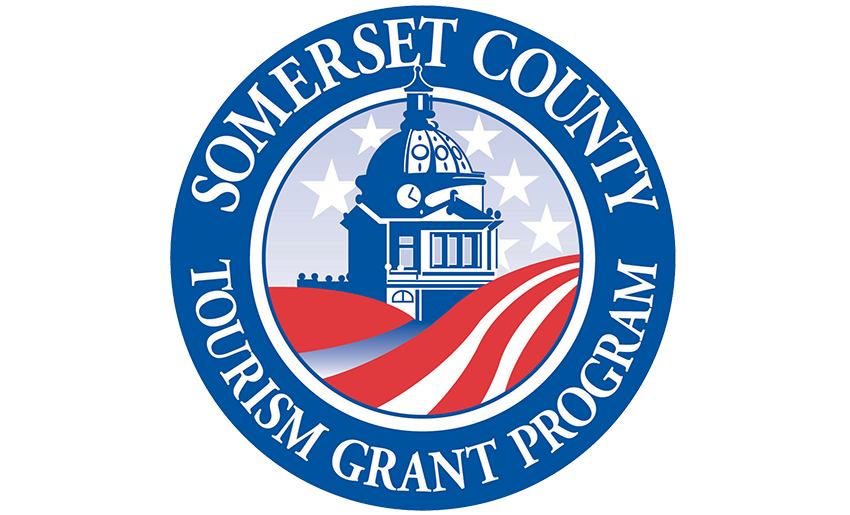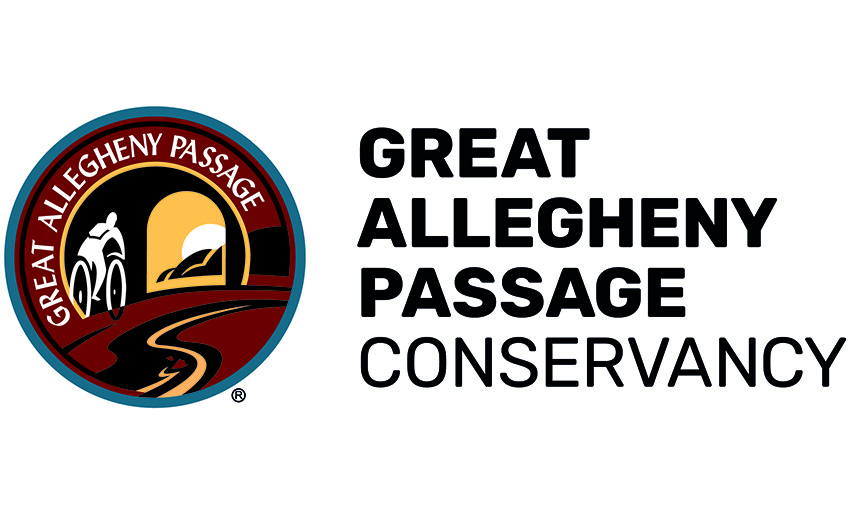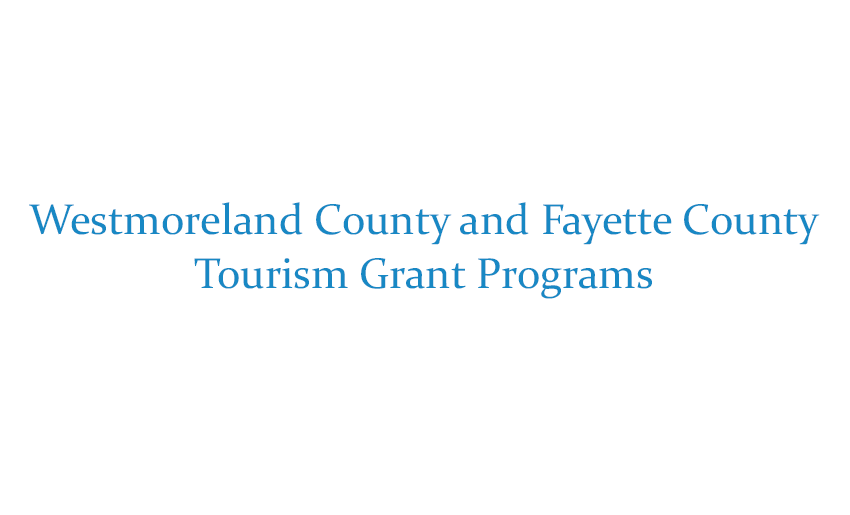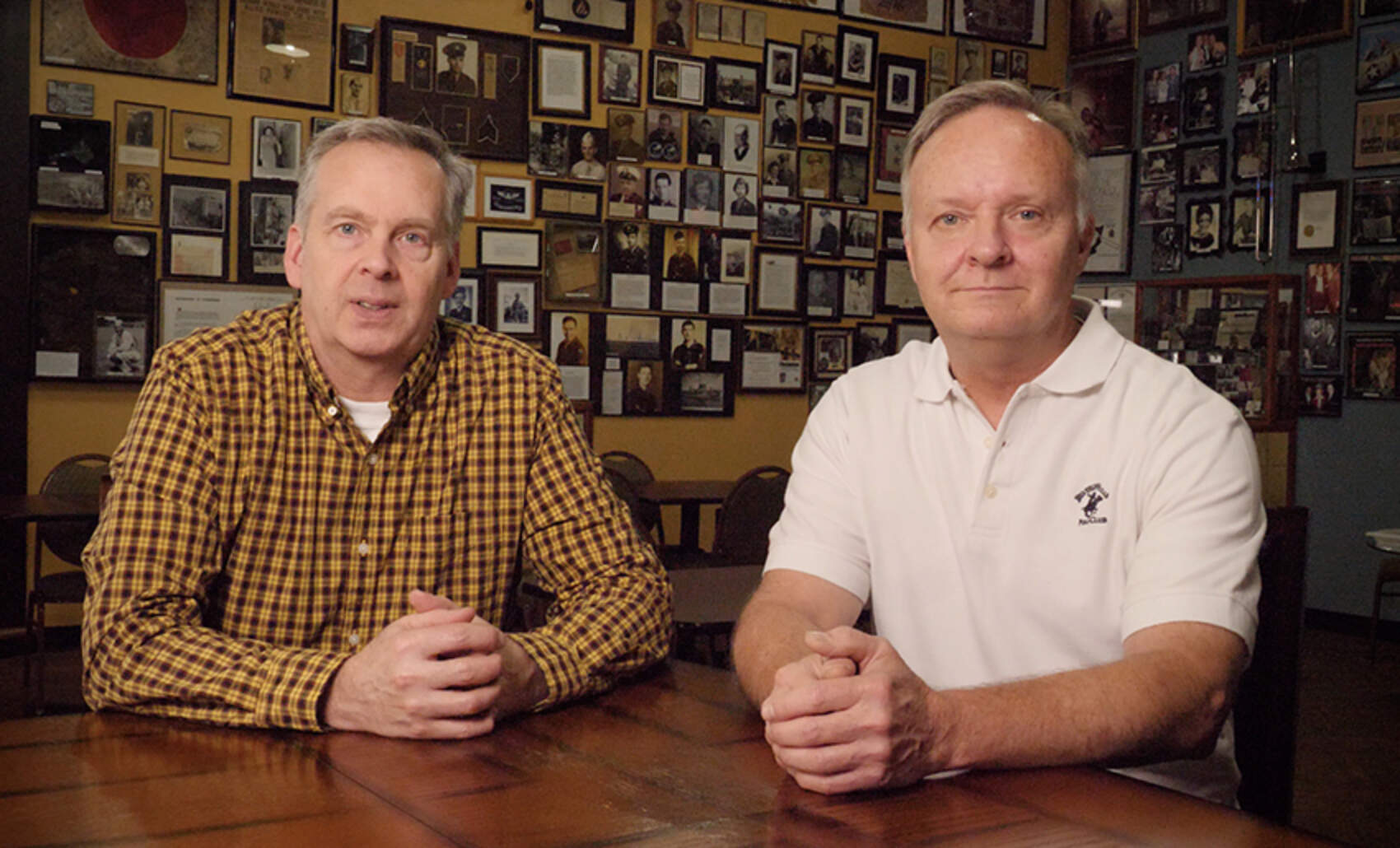“People have told us that they needed a fresh set of eyes to look at things. We are working with new entrepreneurs. It was all something we wanted to do, get people involved from the community, bringing agencies and organizations together to make the community a better place.”
“Dan and I came to Connellsville in 2001, after 9/11 happened. We were looking to move outside of D.C. Dan found a house that was built in 1893, a Queen Anne Style Victorian. And that was what really brought us to Connellsville. We had no connection to the town at all. We ran it for six years as the Newmyer House Bed and Breakfast. Around the time of Connellsville bicentennial, in 2006, many of the storefronts were empty. It was terrible, but we thought, let’s utilize the main street program framework.
“One of our main projects was the Connellsville Canteen World War II Museum and Café and the Harry Clark’s Indian Creek Valley Railroad Display inside the canteen.
“In 2012, the trust received a grant to purchase the land where we are now to create a Festival Plaza. We brought in the Harry Sandy Creek Indian miniature train display from Nemacolin and then built the building, which resembles the original train station in Connellsville, around the display.
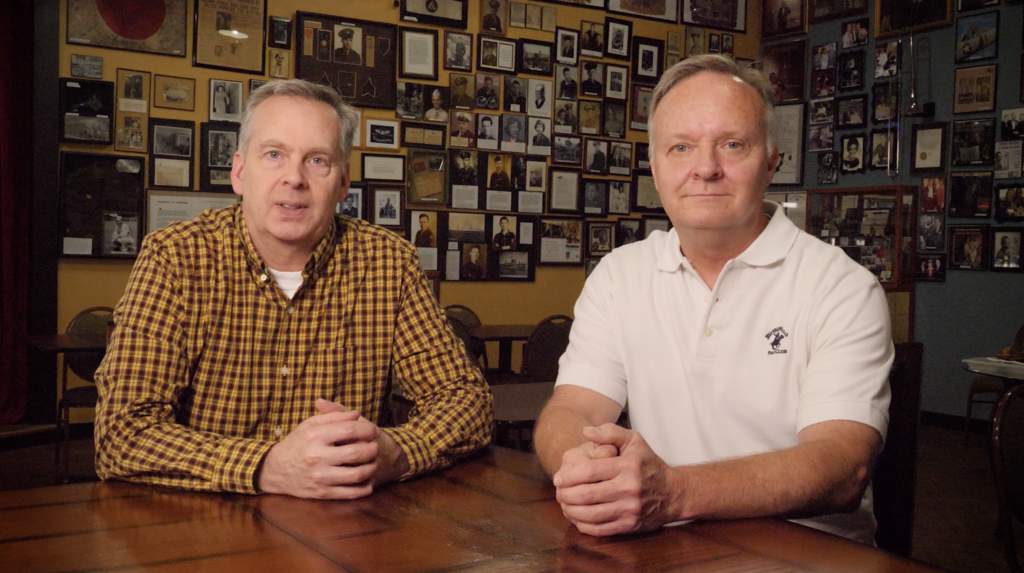
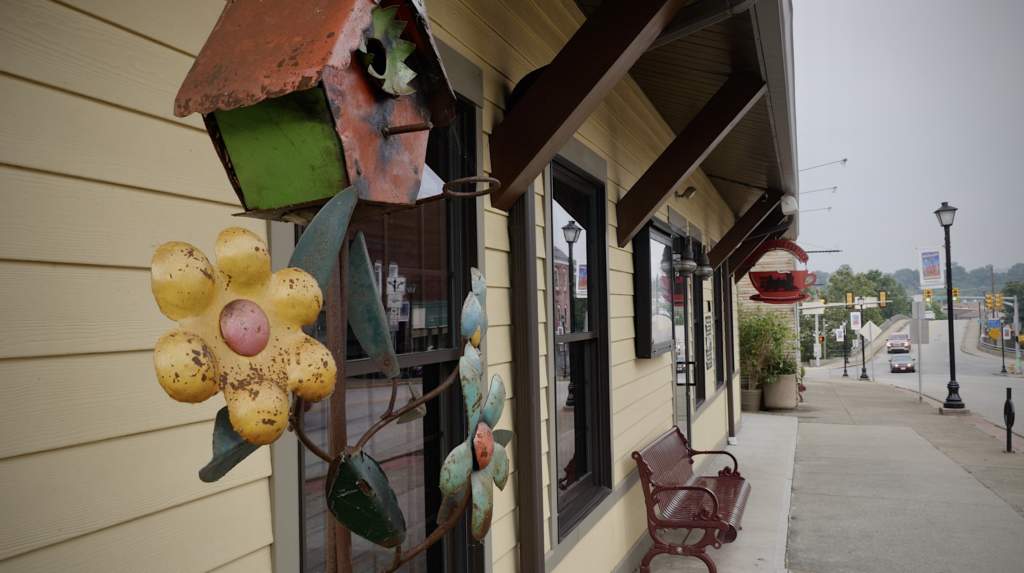
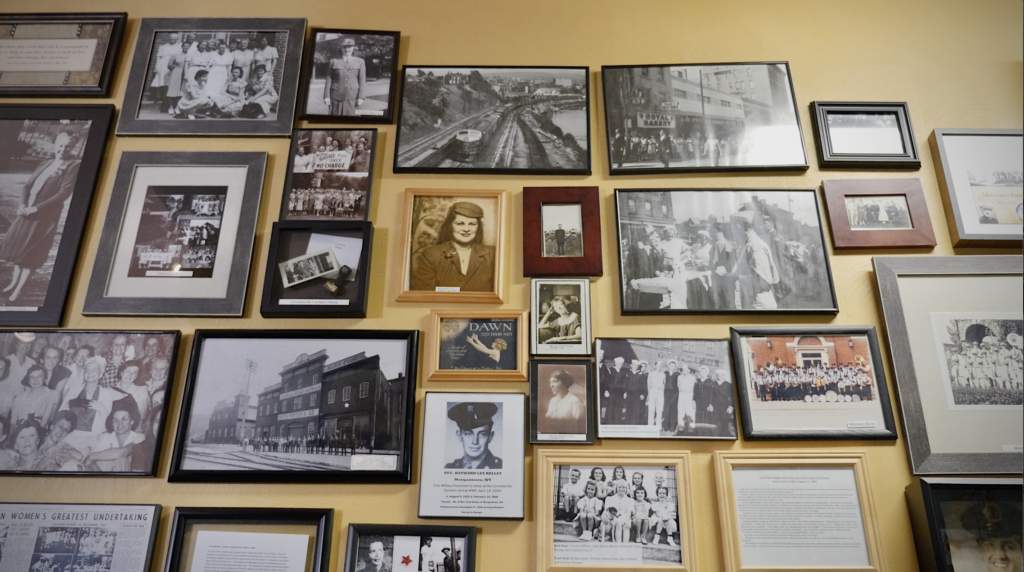
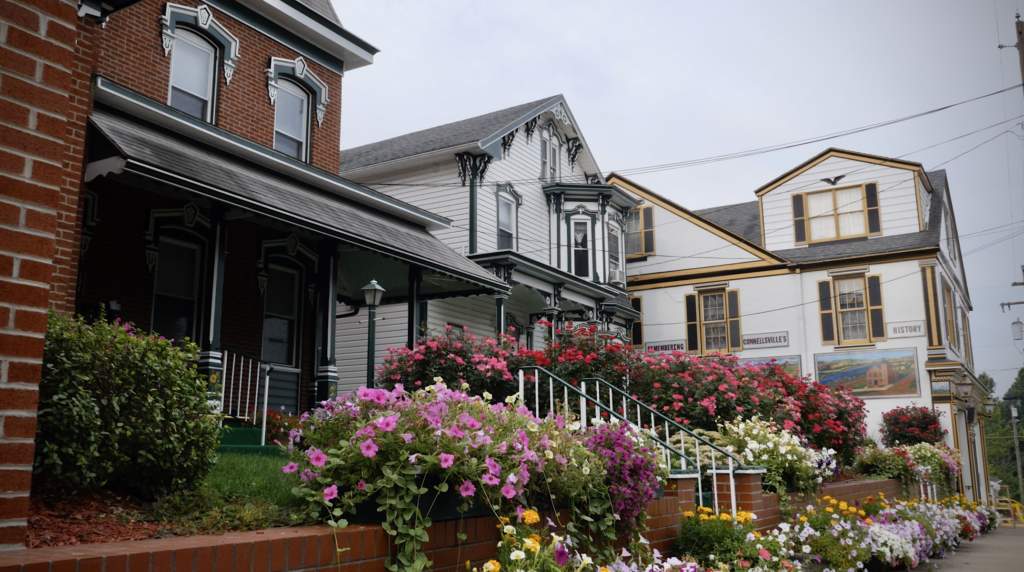
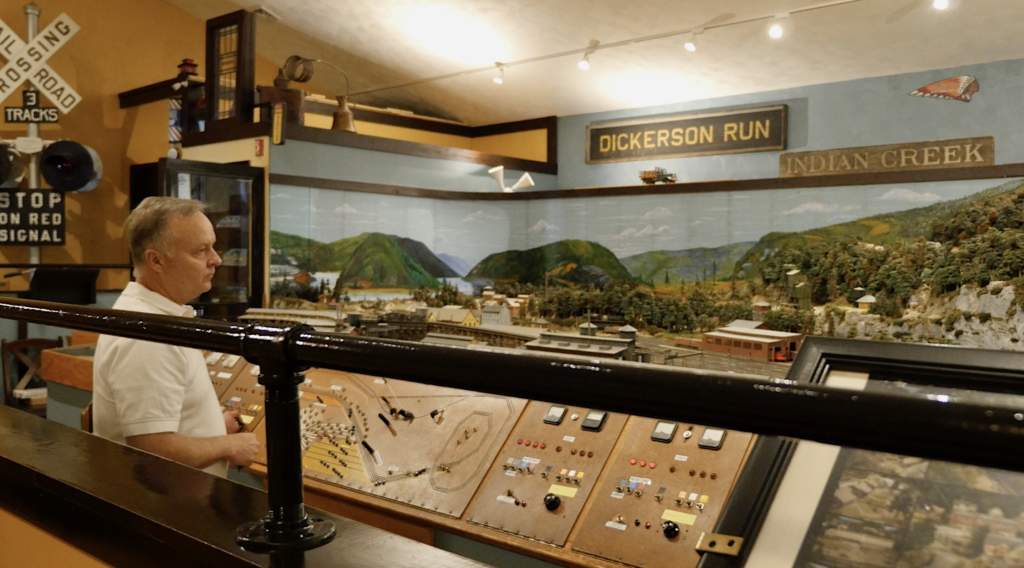
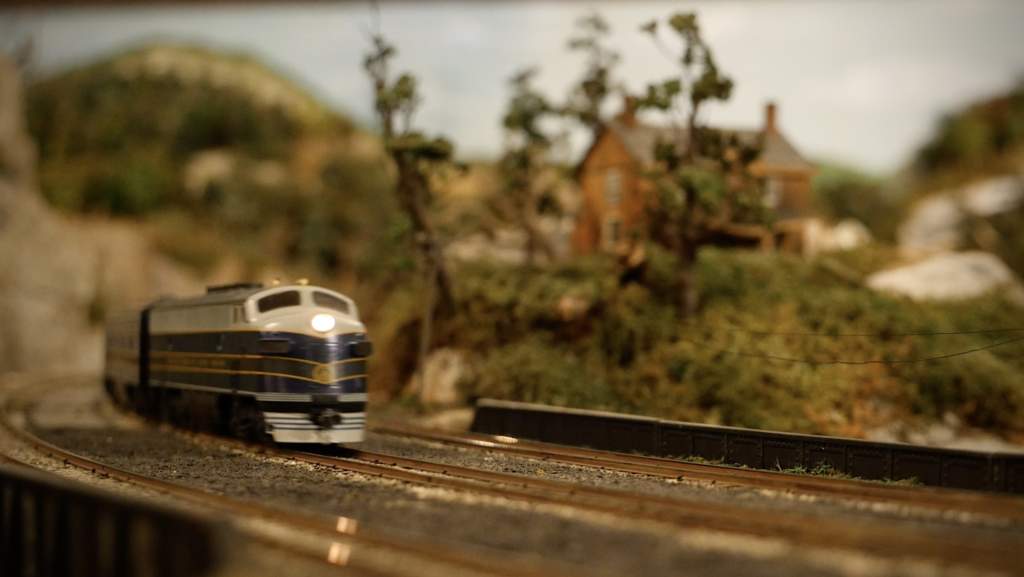
“We started the Canteen about seven years ago. We wanted to showcase the Fayette County veterans that served during World War II and honor the canteen ladies that served the troops during the war. Over 800 volunteer ladies served over 600,000 troops that stopped here. They were fed by all these ladies. They were taken to places if they needed to go somewhere.
“Connellsville businesses, individuals and churches donated. Unfortunately, the state program didn’t have the funding to match our program. So we went back to our donors and said, ‘despite us not getting state funding, are you still willing to donate?’ And they did. That was when we created the Cultural Trust. From there it really blossomed. It started out specifically as a main street initiative, but over the years, there’ve been so many projects that we’ve tackled.
“We started asking if anybody had photographs of any service members they’d like to display in the canteen. Families got together and donated memorabilia from their attics and basements. They sent us flags. We have about 10 purple hearts. Who knows what would happen to all these artifacts if we wouldn’t have been here? We have a bottle that was in the Hiroshima bomb blast. We have a concentration camp uniform from Dachau. It’s amazing to see the collections and see what people did in Fayette County and around the world during World War II. It’s important to keep World War II history alive, so history doesn’t repeat itself.
“Since the Redevelopment program kicked in businesses are now flourishing. It’s actually difficult to find an available storefront right now. So, it’s a good problem to have. People continue to want to open new businesses.
“There’s a lot of opportunity. We were able to get a 54-room Comfort Inn hotel to come to Connellsville, right along the Youghiogheny River on the Great Allegheny Passage. We put up bicycle racks all over downtown and planters and benches where people can have a place to sit. I think we saw the potential that maybe others got used to the way it was.’
“People have told us that they needed a fresh set of eyes to look at things. We are partnering with the historical society and chamber of commerce. We include community ministries, our library, and Wesley Health Center, which is a free healthcare clinic. A new partner is our hospital. We are working with new entrepreneurs. It was all something we wanted to do, get people involved from the community, bringing agencies and organizations together to make the community a better place.”
This content was created by Anita Harnish for the Great Allegheny Passage Conservancy and financed through grants from the Pennsylvania Department of Conservation and Natural Resources’ Bureau of Recreation and Conservation, through its Community Conservation Partnerships Program and Environmental Stewardship Fund, administered by Rivers of Steel Heritage Area and Pennsylvania Environmental Council’s Laurel Highlands Mini Grant Program; through funding via the Westmoreland, Fayette, and Somerset County Tourism Grant Programs; and with funds made available by the Great Allegheny Passage Conservancy.
